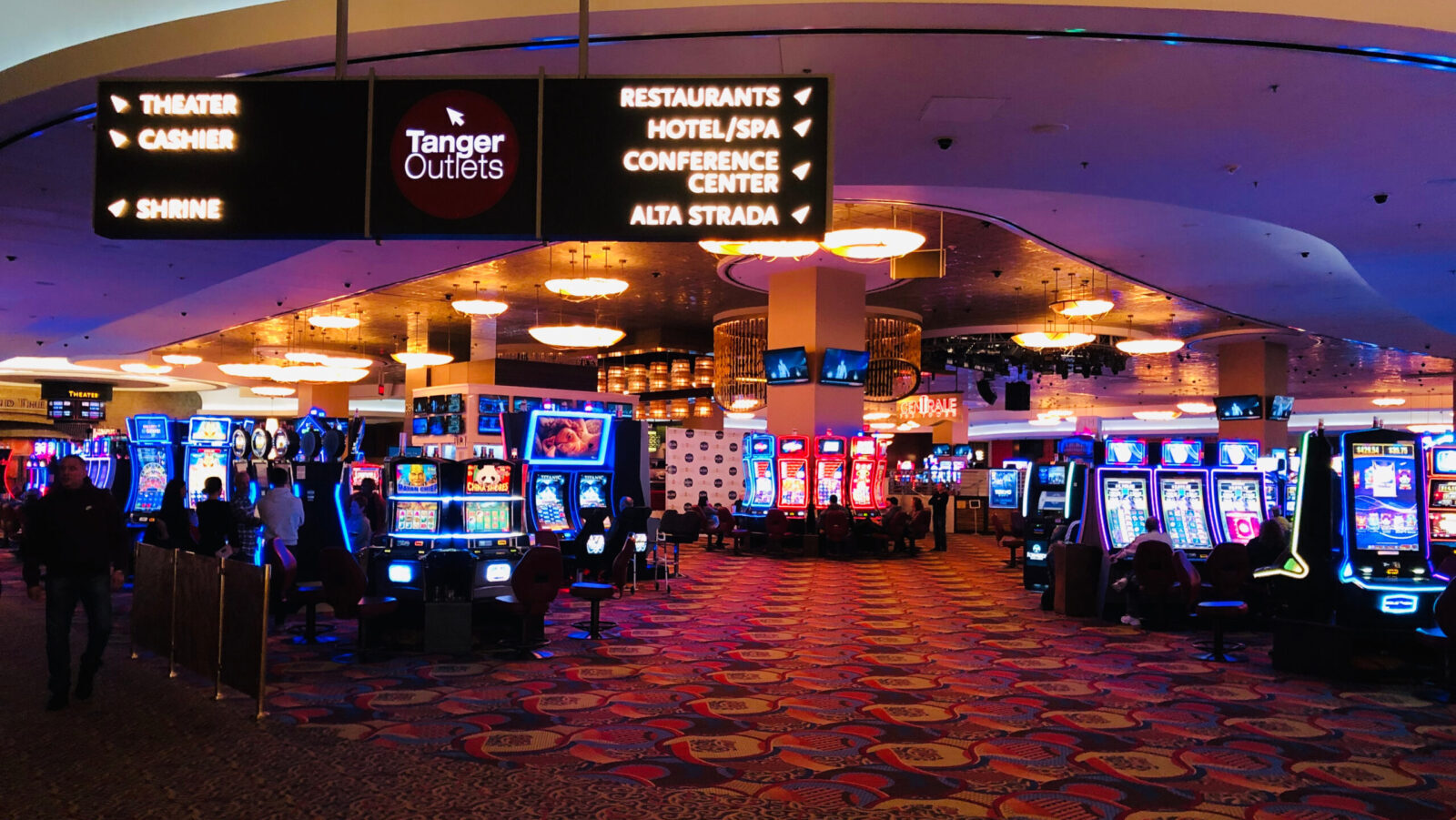Michigan’s iGaming And Sports Betting Industry Surpasses $1B Mark For The Year, Even As June Dips
A big factor contributing to the sports betting revenue plunge was a $48.2 million free play deduction taken by MGM Grand Detroit/BetMGM.
2 min

Michigan’s commercial and tribal operators have made significant strides so far this year. For June 2024, according to the latest data from the Michigan Gaming Control Board (MGCB), they reported a total of $214.1 million in gross receipts from their iGaming and sports betting activities.
That figure for June represents a month-over-month decrease of 10.6%. However, the results put the cumulative total for the first six months of the year at over $1 billion.
The gross receipts for iGaming in June reached $183.2 million, while sports betting receipts amounted to $30.9 million. The month of May saw higher figures for both, with $198.6 million in iGaming receipts and $40.9 million in sports betting receipts.
The adjusted gross receipts (AGR) for June, which combines total iGaming and online sports betting, were $136.35 million. This includes $164.56 million from iGaming and a loss of $28.21 million from online sports betting.
These numbers represent a drop of 7.9% in iGaming and a substantial slide of $56.32 million in sports betting compared to May. A significant factor contributing to the latter was a $48.2 million free play deduction taken by MGM Grand Detroit/BetMGM, which had never included this deduction in prior months.
Michigan’s online gaming segment has grown steadily and substantially since its introduction four years ago. First half totals for each year:
- 2021 — $483 million
- 2022 — $757 million
- 2023 — $935 million
- 2024 — $1.16 billion
Comparing the June 2024 figures to June 2023, iGaming AGR saw an increase of 20.2%. Sports betting, on the other hand, experienced a downturn, decreasing by $37.4 million.
The total online sports betting handle for June stood at $276.8 million, a 19.5% decrease from the $343.7 million from the previous month.
Michigan benefits from tax payments
In terms of state taxes and payments, operators paid $35.5 million to Michigan in June. This comprised $34.4 million in iGaming taxes and fees and $1.1 million in online sports betting taxes and fees.
The three casinos in Detroit delivered $8.79 million in wagering taxes and municipal services fees to the city in June. This included $8.4 million in iGaming taxes and fees and $391,960 in online sports betting taxes and fees.
Tribal operators also made significant contributions, reporting a total of $4.3 million in payments to various government entities for the month.
As of June, 15 commercial and tribal operators have received approval to introduce online casinos and/or online sports betting in Michigan. Currently, 15 operators offer iGaming and 12 commercial and tribal operators offer online sports betting.
Fine-tuning the market
The Michigan gambling industry is undergoing significant changes. A key development is the state’s increased investment in regulating the sector. The MGCB is set to receive $1.9 million to expand its workforce, aiming to enhance oversight and crack down on illegal gambling activities.
To further protect players, the MGCB will dedicate an additional $3 million to its responsible gambling campaign, “Don’t Regret the Bet.” Additionally, the Compulsive Gambling Prevention Fund will double, signaling a stronger commitment to addressing gambling addiction.
Beyond regulation, the state is also focused on industry growth and development. Efforts to revitalize Michigan’s horse racing industry are underway, and the MGCB is working to improve data collection and reporting to better inform industry decisions.





